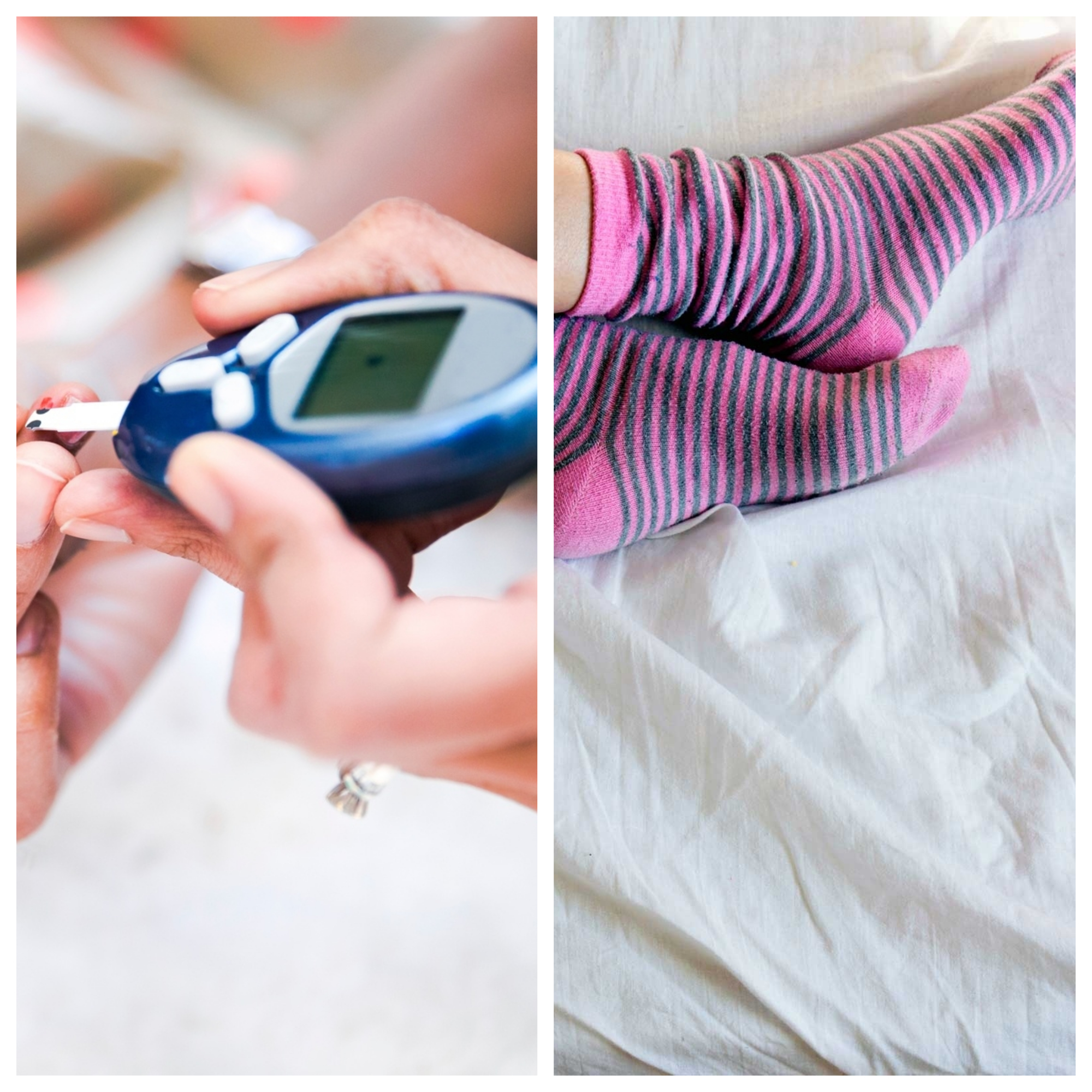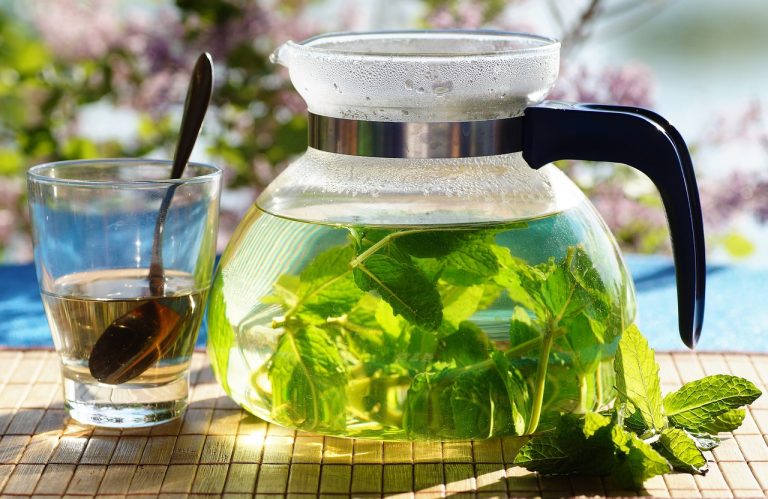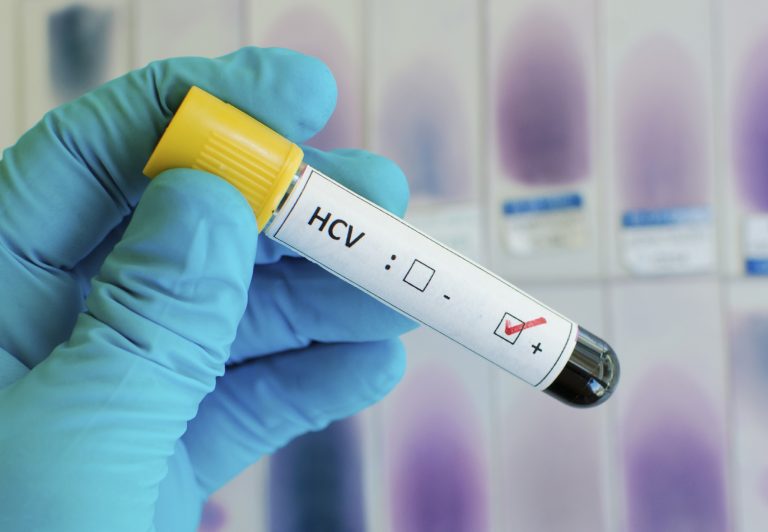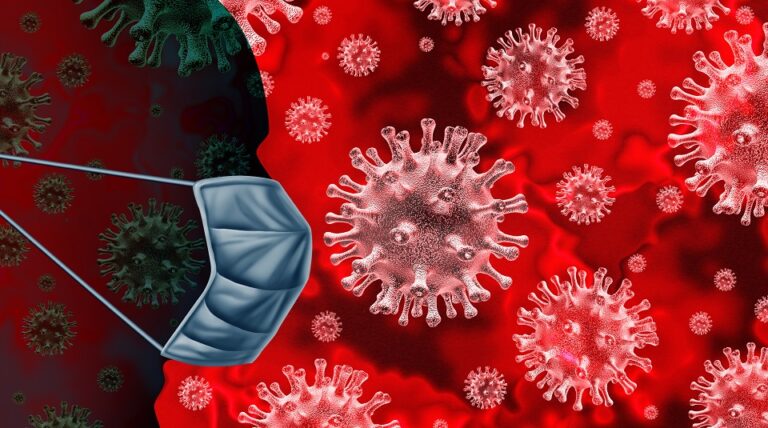
Type 2 Diabetes
If you have this disease, you may also have anemia and problems with your kidneys and circulation, which can make you feel cold. Nerve damage from your diabetes can also leave you chilly. Keeping your blood sugar under control with lifestyle changes and medicine can help.
Peripheral Artery Disease
It happens when plaque narrows your arteries and makes it harder for your legs, and sometimes arms, to get enough blood. If one leg is much colder than the other, especially if it’s also painful, numb, or weak, it could be a sign of the disease. Get emergency medical help if you notice these symptoms. Changes in diet and exercise can sometimes help, but your doctor may suggest medicine and sometimes a procedure or surgery to treat it.

























